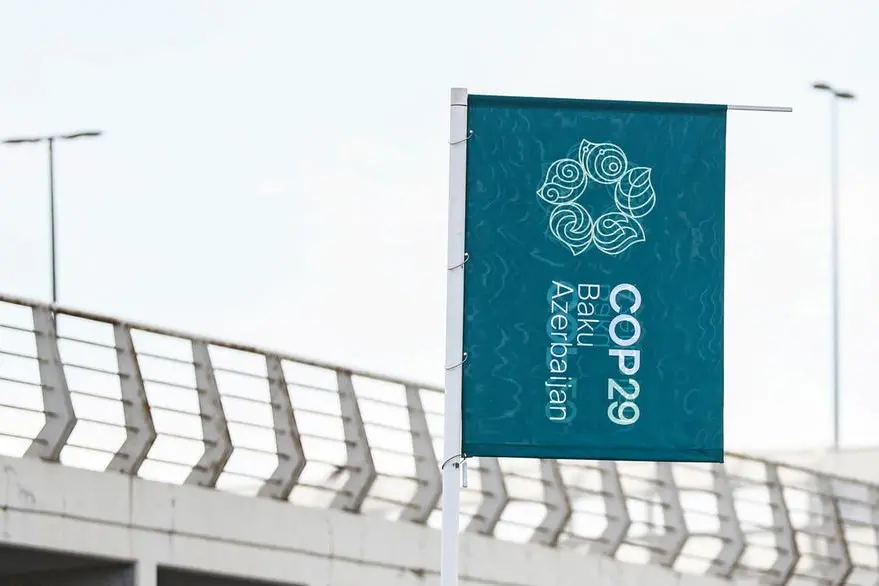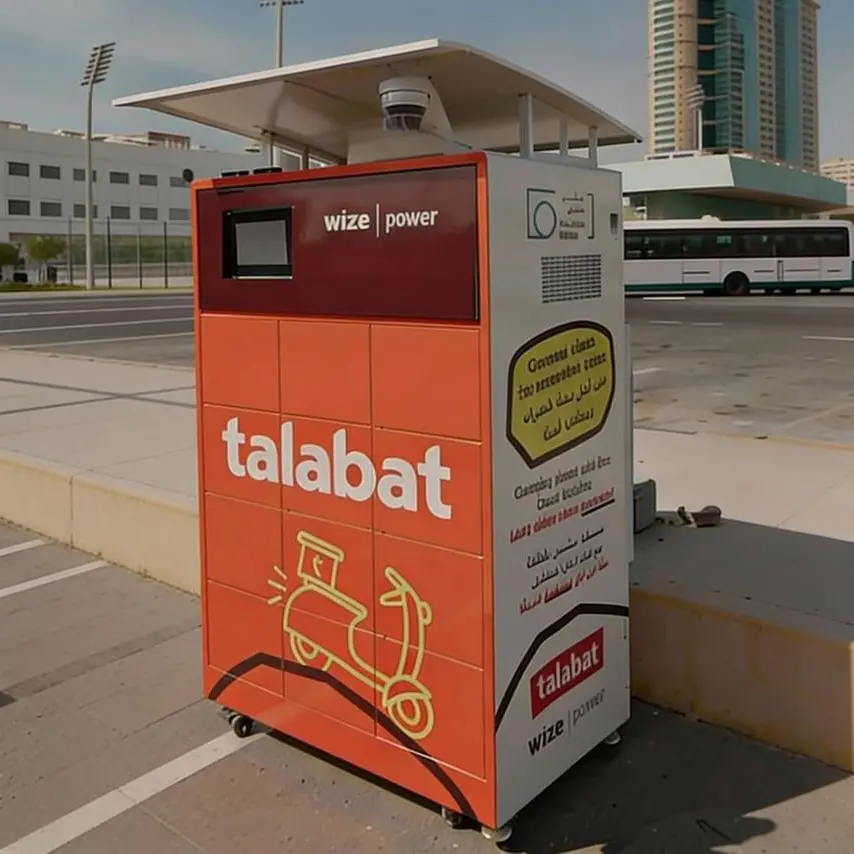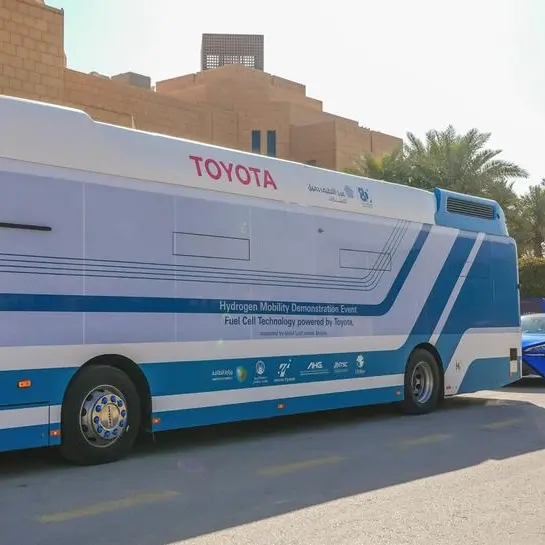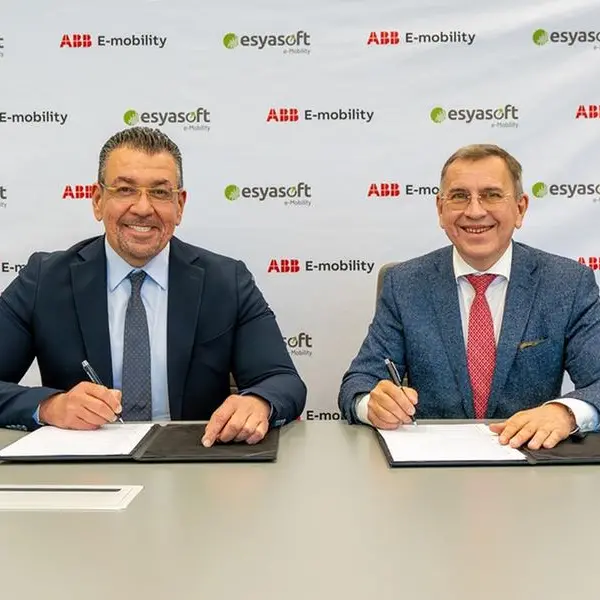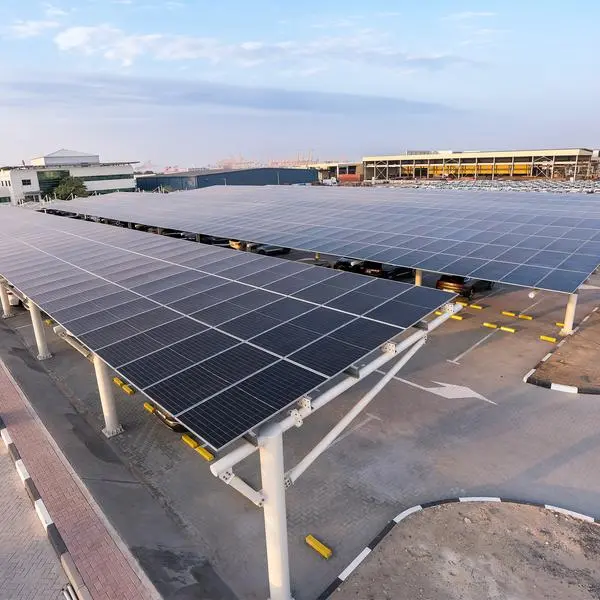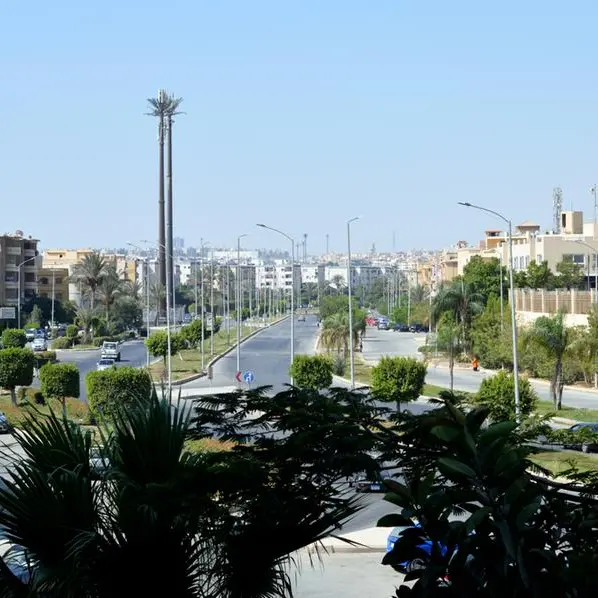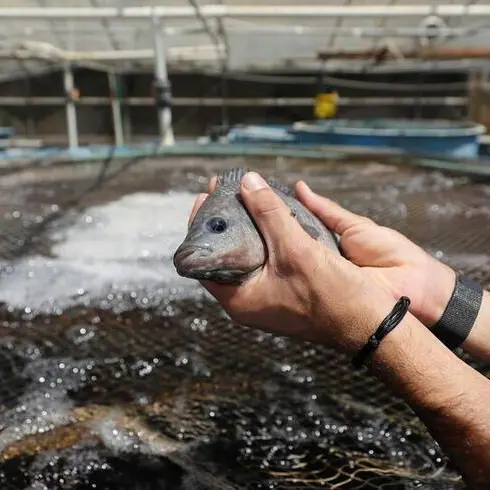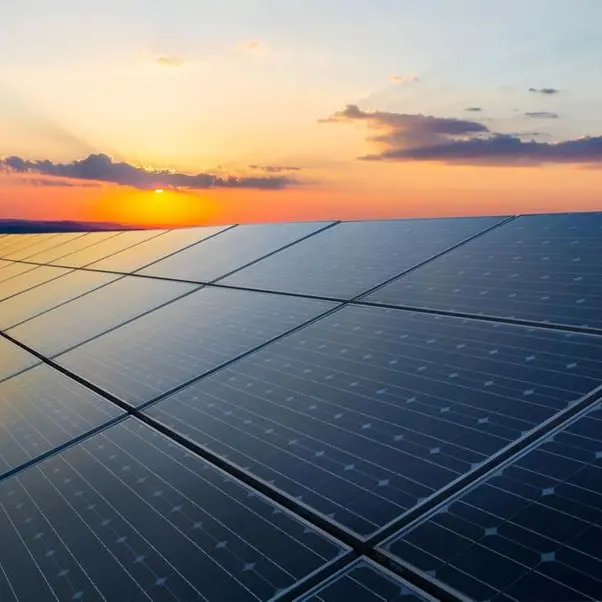PHOTO
BAKU: The WTO Secretariat, led by Director-General Ngozi Okonjo-Iweala, will once again have a presence at the UN’s annual Climate Change Conference. At this year’s COP29 taking place in Baku, Azerbaijan, in November, the Secretariat will support and collaborate on various trade-focused events scheduled during the conference. A dedicated COP29 portal on the WTO website will provide information on the events, as well as news stories, photos and other resources.
The Director-General will participate in the World Leaders Climate Action Summit on 12th-13th November, as well as several high-level events planned at the COP29 Trade and Investment House and other venues. Several publications will also be launched by the Secretariat and partners during COP29.
Throughout the conference, activities will be held at the Trade and Investment House pavilions, hosted by Azerbaijan's Ministry of Economy in collaboration with the WTO, the International Chamber of Commerce (ICC), the International Trade Centre (ITC), and the United Nations Conference on Trade and Development (UNCTAD). Similar to COP28 in the UAE, the pavilions will serve as a dedicated space for engagement on critical issues at the intersection of trade, investment and climate action, as well as for hosting interactive discussions, exhibits, workshops and demonstrations that showcase innovative trade, investment and climate solutions.
A Climate Finance, Investment and Trade (FIT) Day on 14th November 2024 will provide the opportunity for dedicated discussions on how trade and investment can be leveraged to amplify climate finance flows and support developing countries in the "just transition". Participants will be invited to examine the key role that trade and trade policies can play in achieving climate objectives and promoting sustainable development. The Azerbaijan COP Presidency will also highlight several of its initiatives, while special high-level events will explore specific issues such as sustainable stock exchanges, efforts to decarbonise the steel and hydrogen sectors, and integrating small and medium-sized enterprises, particularly from developing economies, into low-carbon value chains.
